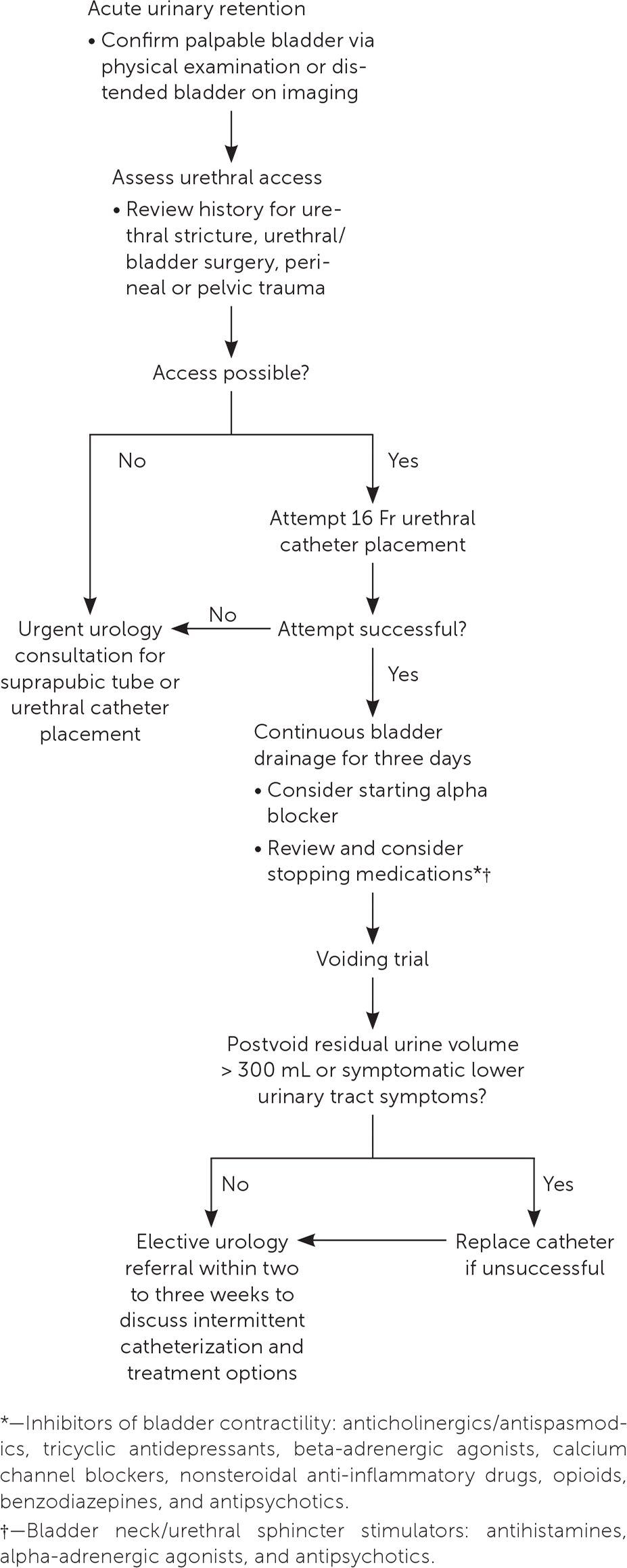
What To Expect After Expecting: Tension Urinary Incontinence
Postpartum Recovery: Solution To The Common Concerns Asked By New Mothers The pain and problems usually vanish within weeks of maternity. Considering that there is pee leakage and bleeding, Home page females are made to use mesh underwear with large medical facility pads after distribution. Very few ladies choose these underwears and thick pads, so loading this vital is necessary. New moms require to use complete protection pads and girls baby diapers to manage their incontinence. In the average bladder, the muscular tissue continues to be loosened up while the bladder gradually fills up. With necessity urinary incontinence, the muscle mass agreements too early and causes the urge to pee, sometimes permitting bladder leakage. Labor and shipment may extend, strain or even tear the muscular tissues and the supporting tissues that hold the womb, bladder and rectum in their proper place. The nerves might additionally be extended and harmed, deteriorating the signals permitting muscular tissues to work correctly.What Can I Do To Prevent Bladder Issues After Birth?
Thanks to generous benefactors, your gift today can have 5X the effect to advance AI technology at Mayo Facility. Medicines and counseling commonly can alleviate postpartum depression. To ease aching busts, placed cozy clean cloths on them or take a cozy shower prior to breastfeeding or sharing. Pain relievers you can buy without a prescription may assist too.- You can criticize this typical postpartum signs and symptom on the maternity- and delivery-weakened muscle mass around the bladder and pelvis, which may have a harder time regulating your flow after childbirth.
- The women pelvic system is a complex network of muscles and nerves, so it's not surprising that giving birth can have long-term impacts on a female's body.
- Whether C-section or typical maternity, it is normal to feel discomfort in the lower locations following the pregnancy.
Therapy For Fecal Urinary Incontinence
Urinary urinary incontinence and pelvic body organ prolapse are one of the most significant adverse outcomes of giving birth. Vaginal distribution is linked to a high rate of postpartum urinary concerns, as well as incontinence of stool and unwanted gas. Being expecting and delivering can likewise deteriorate the pelvic floor-- the encouraging hammock made of muscles and cells that maintains the pelvic body organs (the womb, bladder and bowel) in place. One writer described the experience as a sensation of regularly remaining on an egg. These coincide muscle mass you contract when you attempt to quit the flow of urine midstream or if you were to tighten your vagina around a tampon. If, in addition to various other postpartum signs like perineal discomfort and bowel irregularity, you're noticing that it's more difficult to control your bladder after delivering, you're not alone. Discover why you pelvic floor is necessary prior to and while pregnant and after delivering, with suggestions from a pelvic floor physio therapist on how and why to reinforce your pelvic floor. Pelvic floor workouts are designed to enhance muscle tone and protect against the need for rehabilitative surgical procedure. If you have urge incontinence, or an overactive bladder, drug can help to unwind the bladder muscular tissues. When you're pregnant, your growing baby taxes your bladder.Healthy And Balanced Tips For Your Inbox
Giving birth is extremely tough on the body and can transform a female's urinary control abilities. While pregnant, the weight of the increasing womb can damage the toughness of a female's pelvic flooring muscle mass and create urine to leakage. If you are questioning what takes place quickly after delivering, a lady may experience hefty bleeding following the child is born. It is regular to experience hefty vaginal discharge for the initial few weeks after the pregnancy. It is constantly far better to seek advice from a physician in case of excess bleeding that surpasses for weeks. The female pelvic system is an intricate network of muscles and nerves, so it's not unusual that giving birth can have lasting results on a female's body.How I healed my urinary system incontinence?
(Tidy Recurring Self Catheterisation)as an interim step up until the problems deal with. Sometimes incontinence is a temporary issue that will certainly disappear when the cause finishes. This is frequently the situation when you have a condition like an urinary system system infection(UTI). Once treated, frequent peeing and leakage issues triggered by a UTI normally end. And also, the even more babies a lady has actually delivered, the higher her threat for incontinence. To stop or eliminate this type of urinary system incontinence, you require to reinforce the muscle mass that regulate pee flow. Basic pelvic-floor conditioning exercises, called Kegels, take much less than five minutes a day to do. As soon as you urinate, remember to clear your bladder every 3 to 4 hours. Peing big quantities during the first week postpartum is very typical. Pouring cozy water over the outer area of your vaginal canal as you pee may likewise aid relieve the discomfort.